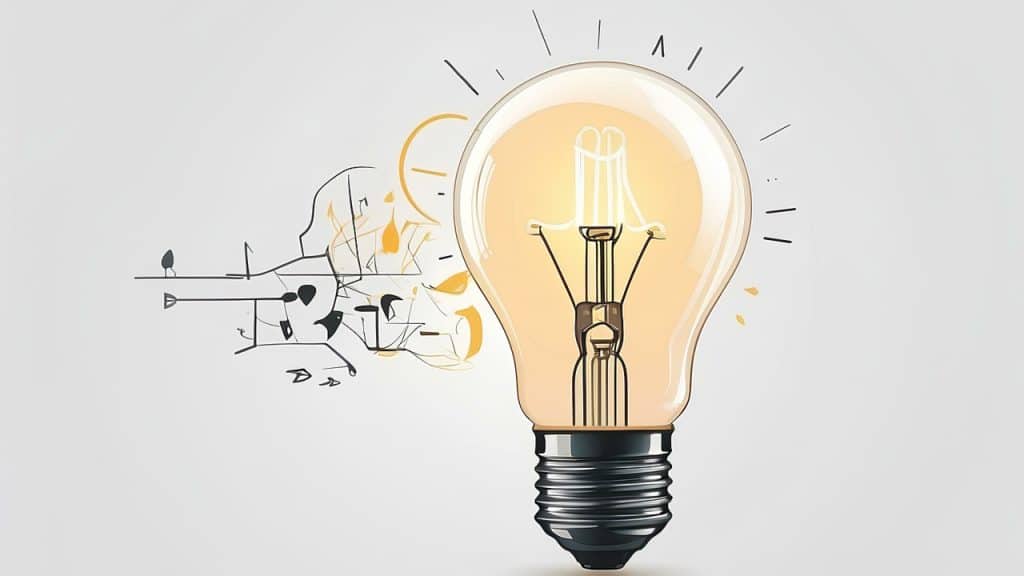In today’s non-stop, high-pressure environment, building mental agility with minimal effort is a non-negotiable wellness goal. Mental agility—our ability to think clearly, adapt quickly, and recover from stress—directly affects how well we perform, feel, and relate to others. But let’s be honest: not everyone has hours a day for brain training or wellness routines.
That’s why 2025 wellness trends are turning toward solutions that are time-efficient, evidence-based, and deeply effective. This guide covers the top trends making it easier than ever to boost cognitive flexibility, sharpen focus, and maintain emotional balance with minimal effort.

Why Mental Agility Is a Must-Have Skill in 2025
Mental agility is more than just staying sharp—it’s about quickly shifting perspectives, embracing uncertainty, and thinking on your feet. According to neuroscience research, cognitive flexibility plays a key role in emotional regulation, creative problem-solving, and resilience to stress.
Modern lifestyles, driven by endless digital input and multitasking, are actually eroding our brain’s natural capacity to pause and re-center. The good news? With the right low-effort strategies, you can rebuild mental clarity and adaptability starting today.
Trend 1: AI‑Guided Mindfulness & Therapy Tools
AI-based tools are leading a silent revolution in mental fitness. Platforms using artificial intelligence now offer personalized meditation guidance, mood tracking, and mental coaching. These tools adapt to user behavior and deliver custom strategies for improving clarity, focus, and self-awareness.
Research shows that even 10-minute daily sessions with AI-powered meditation apps reduce stress, elevate mood, and improve focus. Some mental wellness apps use cognitive behavioral techniques to assist with anxiety and decision-making in just a few interactions.
This is a key trend in building mental agility with minimal effort—combining neuroscience-backed practices with smart, adaptive tech.
Trend 2: Resistance Training as Cognitive Therapy
Exercise isn’t just about body goals anymore—it’s also one of the most powerful tools for brain health. Studies now confirm that resistance and aerobic training elevate neuroplasticity markers like BDNF (brain-derived neurotrophic factor), which directly enhance memory, decision-making, and emotional regulation.
Even light resistance training twice a week has been shown to improve brain performance. You don’t need expensive gym equipment—bodyweight squats, resistance bands, and even lifting grocery bags can deliver results.
So, for those looking to improve brain function without adding more screen time, physical movement is a natural cognitive upgrade.
Trend 3: Mindful Breaks & Digital Boundaries
In 2025, the conversation around mindfulness has moved beyond meditation cushions. Mini mindfulness practices—like deep breathing, five-minute journaling, or even silent walks—are proving more effective than extended retreats when done consistently.
Another growing habit is digital minimalism. Turning off phone notifications, creating screen-free hours before bed, or having one tech-free day a week all reduce cognitive overload. This allows the brain to enter deeper thought states, restores attention span, and improves emotional stability.
These habits require no major lifestyle overhaul, making them a reliable choice for building mental agility with minimal effort.
Trend 4: Smart Nutrition for Neuroperformance
What you eat now affects how clearly you think later. Gut-brain science continues to evolve, and researchers agree that fiber-rich foods, healthy fats, and fermented products significantly support brain chemistry and mood regulation.
This year’s standout is the rise of neuro-nutrition—a dietary approach focused on enhancing cognitive function. Foods like blueberries, salmon, walnuts, and leafy greens are common in protocols designed to reduce mental fatigue and improve focus.
Additionally, the trend of “fibermaxxing”—increasing fiber intake to enhance the gut-brain connection—is gaining traction, though experts recommend gradual adjustments for best results.
Trend 5: Cognitive Reboot Retreats
Luxury travel is becoming smarter—literally. A new generation of wellness tourism is targeting brain health through science-backed interventions. High-end retreats now include neurofeedback, brain-mapping diagnostics, and even transcranial stimulation sessions.
These aren’t just spa experiences—they’re mental performance labs designed to help guests reset cognitively. Even short retreats can help embed lasting habits in mindfulness, movement, sleep hygiene, and focused attention.
For anyone recovering from burnout or needing a reboot, these immersive environments offer a strategic advantage in building mental agility.
Integrating the Trends: A Realistic Week for Busy Minds
Here’s what a low-effort, high-impact mental wellness week can look like:
| Day | Practice | Duration |
|---|---|---|
| Monday | AI-guided 10-minute meditation | 10 minutes |
| Tuesday | Resistance training (bodyweight circuit) | 20 minutes |
| Wednesday | No-screen hour before bed + light journaling | 1 hour |
| Thursday | Brain-boosting meal (greens + fatty acids) | Part of dinner |
| Friday | Mindfulness walk outside (no headphones) | 15 minutes |
| Saturday | Brain-training game or puzzle app | 10 minutes |
| Sunday | Digital detox half-day | 4–6 hours |
This routine builds on repetition, simplicity, and variety. It’s rooted in the principle that frequent micro-habits lead to macro gains in clarity and agility.
Long-Term Benefits Backed by Science
The trends mentioned aren’t just popular—they’re supported by peer-reviewed studies and wellness analytics:
- AI apps for meditation have shown statistically significant improvements in anxiety and focus with short daily sessions.
- Resistance training is proven to elevate neural connectivity and memory markers within six weeks.
- Mindfulness practice correlates with reduced emotional reactivity and enhanced executive function.
- Gut-health improvements are linked to more balanced serotonin and dopamine production.
- Brain retreats report high participant success in maintaining new habits post-program.
Together, these practices address both reactive and proactive brain health—the kind of multifaceted strategy that defines next-generation wellness.
Final Thoughts: Reclaiming Your Mental Clarity
It’s easy to get swept up in the chaos of modern life. But the tools to regain mental flexibility and emotional resilience are now easier than ever to access. Whether it’s a 5-minute app, a short walk, or smarter meals, each choice adds to your cognitive fitness.
You don’t need to meditate for an hour or take months off work to see results. These 2025 wellness trends are designed for busy people, working minds, and real lives. Start small, stay consistent, and your brain will adapt faster than you think.
Building mental agility with minimal effort isn’t just a possibility—it’s the new standard in everyday wellness.
References
- Global Wellness Institute (2025). Mental Wellness Initiative Trends for 2025. Available at: https://globalwellnessinstitute.org (Accessed: 4 August 2025).
- Harvard Health Publishing (2025). Tips to leverage neuroplasticity to maintain cognitive fitness as you age. Available at: https://www.health.harvard.edu (Accessed: 4 August 2025).
- Health.com. (2025) These three types of exercises enhance brain health at any age. Available at: https://www.health.com (Accessed: 4 August 2025).









